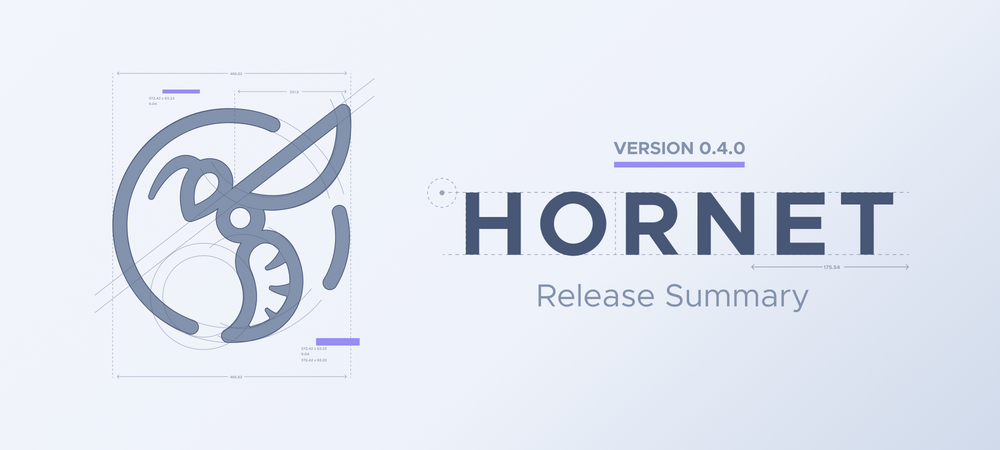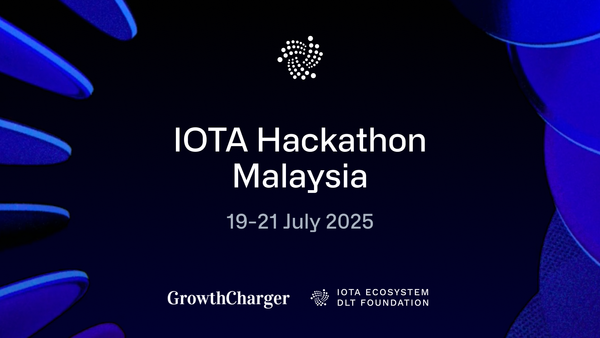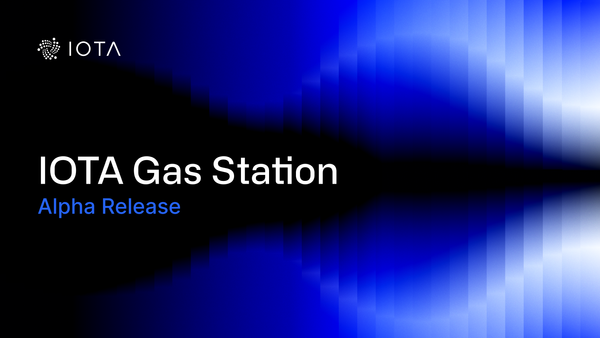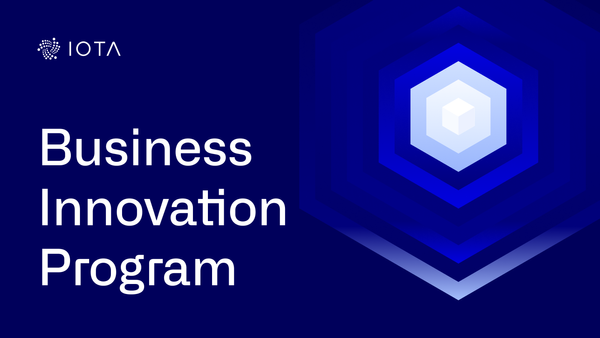Hornet 0.4.0 Release Summary
After almost 5 months of development, we are happy to release Hornet version 0.4.0!
Hornet is a lightweight node written in Go and co-developed with the community and IOTA Foundation. This new node software release is the first wave in a series of protocol updates known as Chrysalis(IOTA 1.5) which will lead to a substantial increase in network speed, performance, and usability. The goals of Chrysalis are twofold: to make IOTA enterprise ready and to create a more seamless transition to our Coordicide implementation (IOTA 2.0).
You can also read more about the release of Hornet 0.4.0 in the official Hornet team blog post.
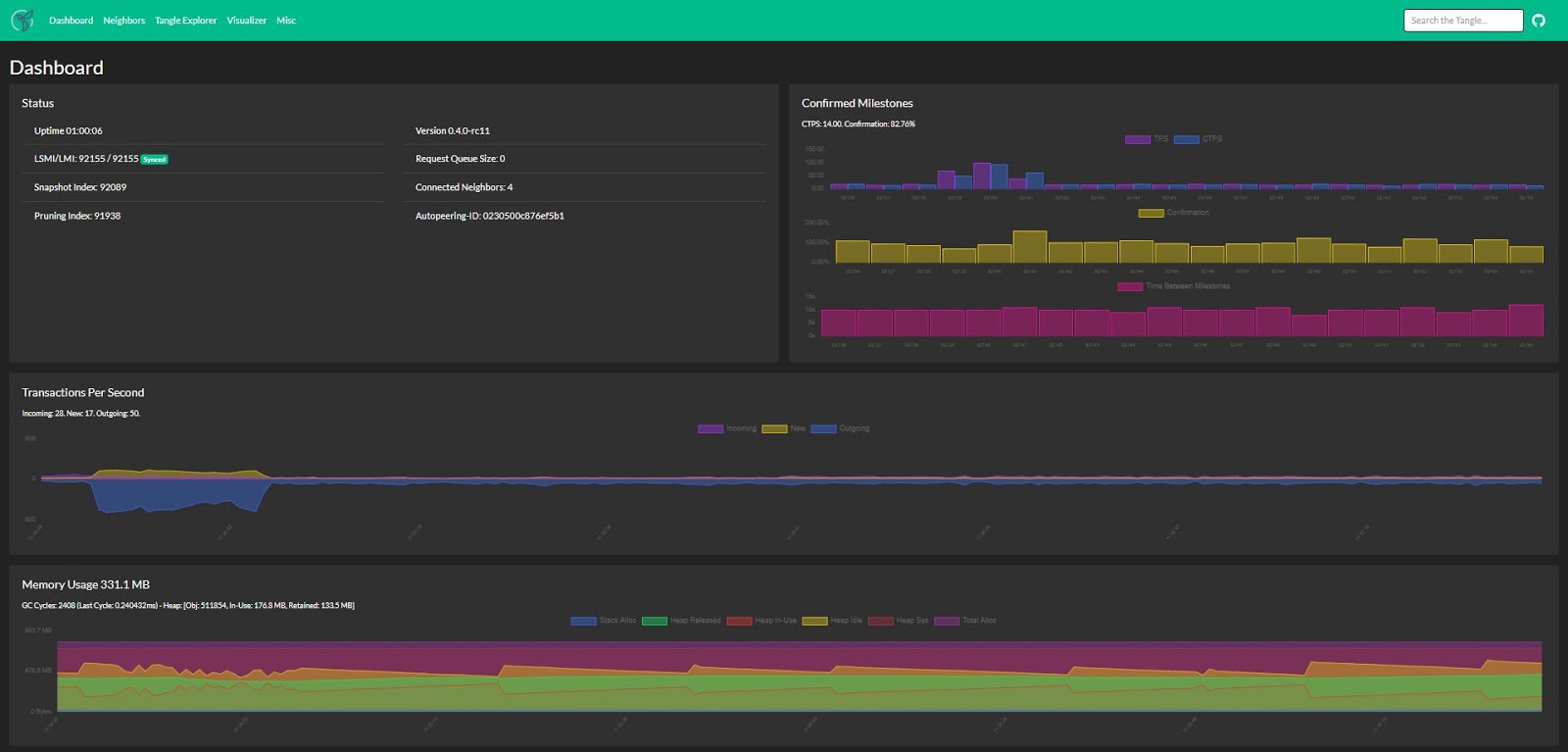
The codebase was mostly rewritten with changes touching every file of the repository. There were 365 file changes with over 25k additions and 16k deletions.
A list of all the new features which were added are:
- Autopeering module: Through the new autopeering module, HORNET 0.4.0 will automatically find other nodes to peer to. It’s now easier than ever to find peers and set up a node quickly. Autopeering is also the first Chrysalis functionality to be available on Mainnet.
- Easy APT repository: installing HORNET is as easy as installing any other software under Linux systems via the apt install hornet command.
- WarpSync: “WarpSync” allows nodes to sync up to 7x faster and solidify much quicker and use less resources in the process.
- Memory Usage: Hornet 0.4.0 consumes 10x less memory than IRI and previous versions of Hornet.
- New Hornet Coordinator Plugin: In addition to faster confirmation times, users and businesses can set up private networks in a matter of minutes.
All critical features and functionality in Hornet 0.4.0, such as tip selection and bundle and state validation, were professionally audited by a third-party company. The audit is an ongoing process that will be done for every major release.
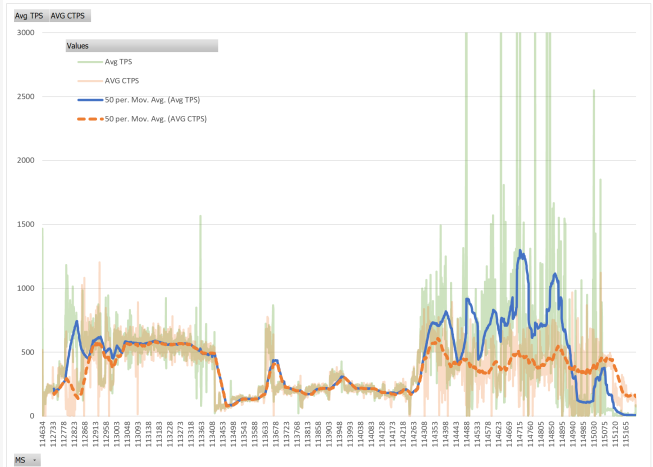
The IOTA community conducted what is known as a ‘spam event’ to stress test the Hornet node. In order to test the boundaries of the software, community contributors set up nodes and spammed with data transactions to assess the stability of the network. In our most recent event, we were able to demonstrate a stable network of more than 150 nodes achieving 650 confirmed TPS. While impressive, we expect this metric to continue to rise as we implement more functionality and grow our pool of stress testers.
Hornet offers vast improvements to the user experience, performance and stability of the network. We encourage the entire community to download the latest Hornet version and to upgrade your nodes and infrastructure (including private testnets). When it comes to the Mainnet, the IOTA Foundation plans to upgrade all of its infrastructure to Hornet in the upcoming weeks as well.
We want to thank the Hornet team:
- Maximilian Hase,
- Alexander Sporn,
- Sebastian Fuchs,
- and Luca Moser (IOTA Foundation),
as well as the GoShimmer Developers from the IOTA Foundation and the whole Hornet community.
With 0.4.0 officially released, keep a lookout for our upcoming Chrysalis phase 1 features in the coming weeks. Due to the new architecture of our node software, we anticipate the work developed between the Hornet and Bee teams to have faster iterations, allowing us to release and innovate quicker than in the past.
We look forward to starting this new chapter in IOTA’s history with you all.

